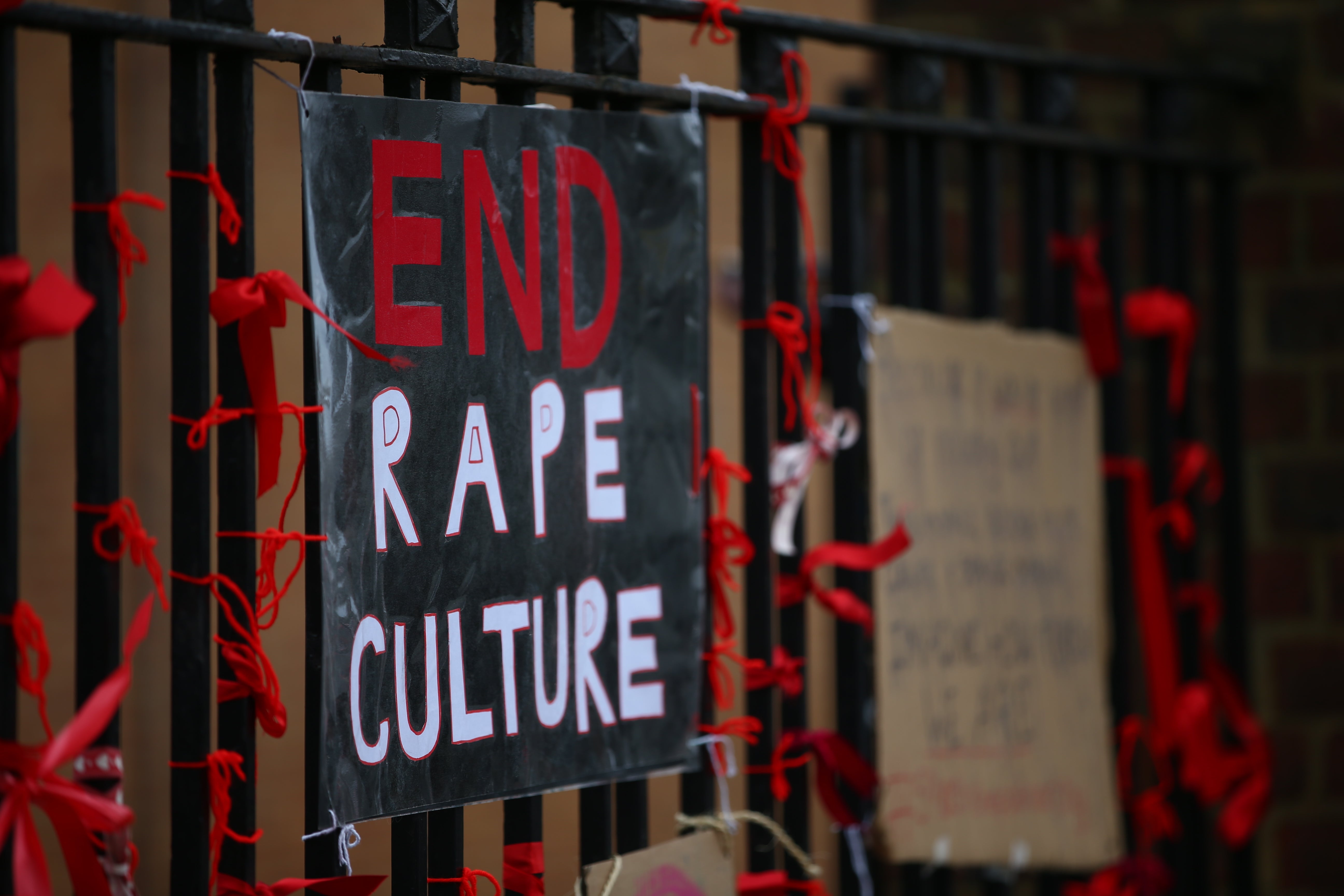Schools have a responsibility to tackle rape culture – but they are not to blame for it
The uncomfortable truth is that the experiences revealed by Everyone’s Invited are just the tip of a cultural iceberg that is societal in its scale, writes Ed Dorrell


Nine years ago, I commissioned and published a cover feature for the Times Education Supplement by then-teacher Chloe Combi. Its headline was simple: “Porn – the shocking truth”.
For a venerable education newspaper this was brave stuff. Chloe’s piece surprised many, informed many more and upset a good number, too. Written just a handful of years after smart phones had become commonplace, it outlined in fairly graphic detail what any teenager could have told you: young people were watching porn – a lot. It was having a huge impact on how they saw themselves and their relationships. Chloe was among the first to understand the scale of this revolution and the extraordinary impact such a cultural change might have.
Chloe also wrote for theTES about the impact that social media, then also in its relative infancy, was having on young people – how it was changing social dynamics, how it meant that teenagers could not escape the social-pressured world of their friends, and how “banter” was going completely unregulated.
Of course the consequences of these two cultural revolutions bled into one another. Naked photos are now shared online; rumours about who did what to who run wild; slut-shaming becomes everyday; teenage mental health – always shaky for perfectly natural reasons – nosedives. Chloe also wrote, shockingly, about sexual bullying among teenagers.
This is the febrile world into which Everyone’s Invited has shone a light for middle-aged, middle-class newspaper readers in the last few weeks.
It is inevitable that the people and institutions blamed are schools and teachers. School is where young people meet one another; it is where most socially interact in person; it is where physical bullying can sometimes still take place.
And of course schools have a role to play in helping to build happy, socially-responsible young people. If anything that even resembles rape culture or a culture of misogyny is allowed to take hold in their corridors or on their premises, they should be held to account in the archest way possible. Indeed, some schools, it would seem, have failed to maintain these standards.
Read more:
But this should not blind us to the fact that schools – as with society – are being overwhelmed by the tsunami of cultural change driven by the social media and online porn earthquake. That there is a profound mental health crisis among adolescents has been well known for a number of years now – but what to do about it remains very, very far from clear.
While many of the best heads and teachers do try to focus on the idea that they exist to help educate the whole child, they are not child psychologists and they are not social workers. To make matters worse, the support infrastructure that should help them in this area has too often been cut to the bone.
Both state schools and independent schools lean heavily, for example, on child and adolescent mental health services for help – and they are almost universally in crisis. Waiting lists are often more than a year, even for the most pressing cases.
It is clear that schools are at the frontline of this new and terrifying reality. News that Ofsted has been asked by the government to look into what is going on and to report on safeguarding and child protection plans in both state and independent schools should be welcomed. This is not a challenge that is restricted to just a few schools – it is systemic.
But it is not just limited to the schools system either. The uncomfortable truth is that the experiences revealed by Everyone’s Invited are just the tip of a cultural iceberg that is societal in its scale. It is something that everyone – not just heads and teachers – is going to have to come to terms with. Nearly a decade after Chloe first alerted the readers of the TES to the problem, it is clear that we are not even close to doing so.
Join our commenting forum
Join thought-provoking conversations, follow other Independent readers and see their replies
Comments